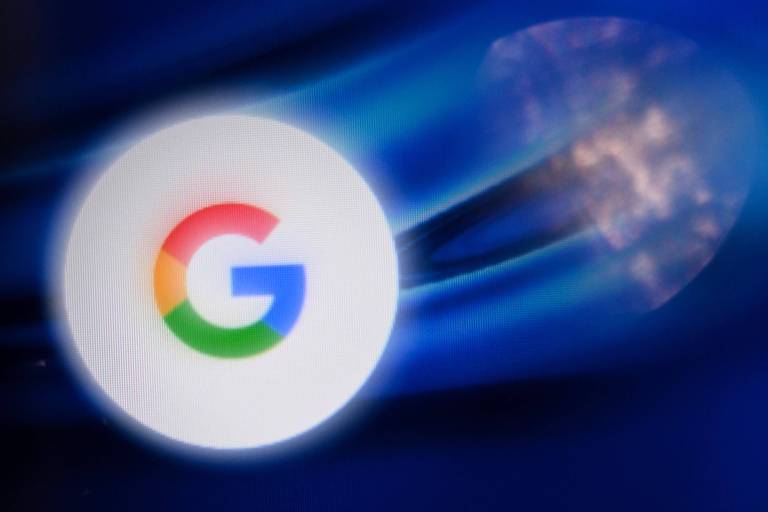Brazil —a world leader in tech regulation— is again discussing how to get Google and Meta to help pay for news. The bill PL2370 would require platforms to compensate publishers for the news they distribute.
Our new report finds that in the US alone, Google and Meta owe publishers between $11.9-13.9 billion US dollars each year. Regulation could help ensure that the big monopolies pay fairly, that the amounts are transparent and that this money is used to support journalism.
These are the global principles signed by more than 100 people and organizations this summer.
This isn’t the first time that Brazil is having this important conversation about getting Google and Meta to pay a fair price. Attempts to introduce similar legislation were scuppered in May 2023 after strong, and forceful, opposition from Google which even went so far as to put online Google’s own campaigning statements warning people against the law.
Australia’s News Media Bargaining Code is the inspiration and Canada C-18 was modelled on that. Other countries considering platform remuneration laws include Indonesia, New Zealand, South Africa, Japan and Switzerland. In the US, Senator Amy Klobuchar has introduced the Journalism Competition and Preservation Act which would allow publishers to unite to negotiate with Big Tech.
Google and Meta have responded in two ways: the first is by suggesting that news is not core to their business and can be dropped or de-emphasized. At the same time, Google is handing out money directly to news organizations and asking them to sign Non Disclosure Agreements. Indeed, our interviews suggest that Google has been recently raising the amounts paid to publishers. It’s understandable that Google would rather quietly pay publishers than risk a law that would impose requirements.
But our new research suggest that Google and Meta are dramatically underpaying news publishers.
Without news, Facebook and Google search are much less useful and satisfying for audiences. Google has known that for decades. Our new paper explains that value is created for both publishers and for social media platforms that use/disseminate news.
Since the 1950s, economists have understood that value is created when two sides come together in a "complementary transaction" where both parties need each other. The original work on this idea was done by Nobel laureate John Nash and he used game theory to explain the value created by the collaboration.
In our study of what Google and Meta owe publishers we first estimate the size of the "additional value" jointly created by tech platforms and news publishers working together, and then calculate what a fair division of this value would be across the two complementary services, absent market power.
We argue that economic theory has found equitable divisions of value (i.e., a 50-50 split in a two-party negotiation) to be one of the likely outcomes of models based on both equilibrium notions and fairness norms.1 It’s not just in theory. In reality many licensing agreements have included a 50/50 split.
Unfortunately, publishers in many countries are so desperate for cash that they are making deals with Google and taking less than what a fair payment would be. It’s not a fair negotiation which is why regulation is needed—to protect the less powerful party in the negotiation in this case the news publishers.
Google and Meta are opposed to the new platform remuneration laws but that is to be expected. Unfortunately, without those laws Big Tech will continue to have the upper hand in negotiations with publishers.
